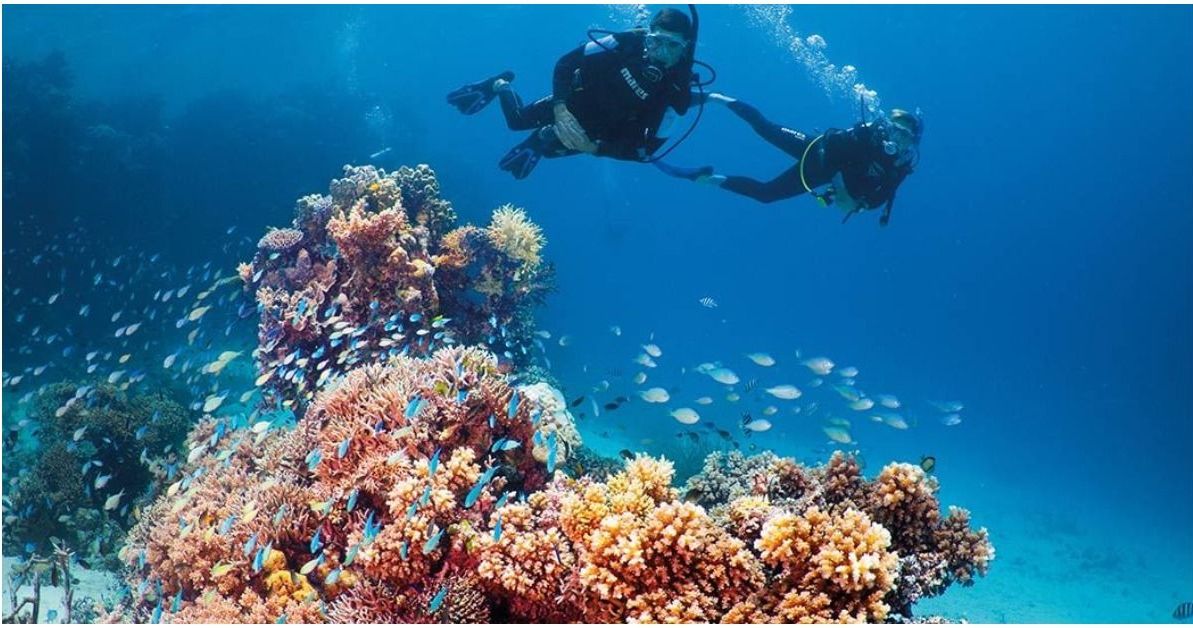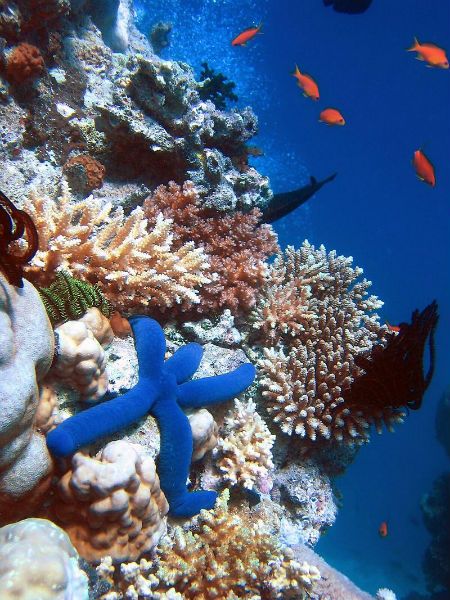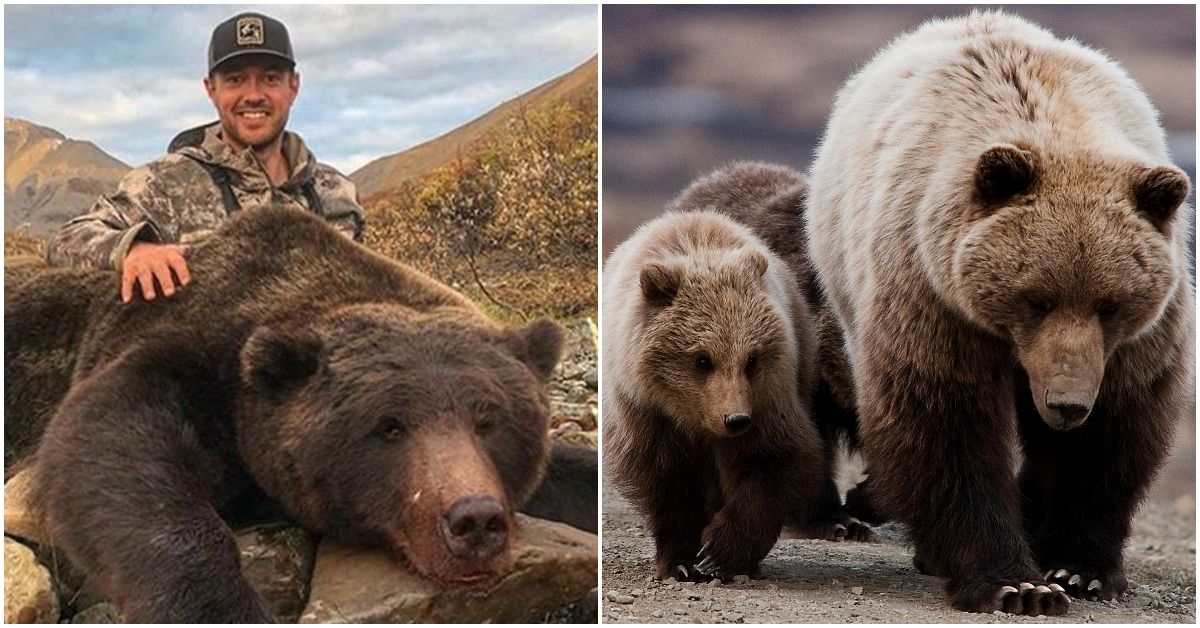One of the world's most beautiful landmarks is completely underwater. But experts warn it's at risk of being permanently destroyed.
Australia's Great Barrier Reef is a 1,400-mile stretch of coral islands and clusters, a place hundreds of species of ocean animals call home.
From tiny fish to deadly sharks and massive humpback whales, the reef's colorful coral feeds, houses, and helps protect them all.
And because of complicated food chains, thousands of other species, including sea birds, depend on the reef for their survival.
Which is why the damage and destruction the reef is suffering has scientists so concerned.
A Dying Reef Turns White
To understand why the reef is in danger, we have to understand coral.
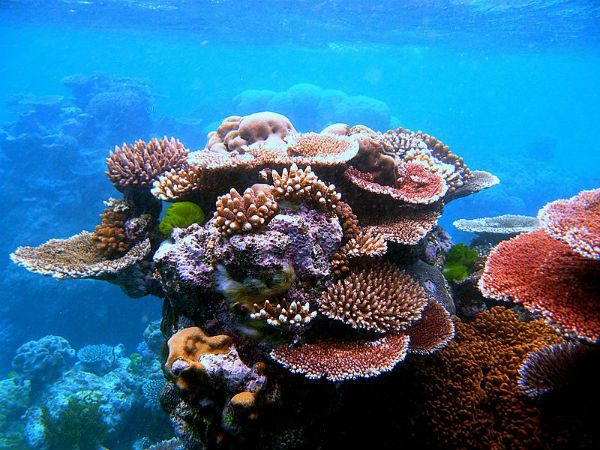
These bright formations are not rocks or plants, but groups of small sponge-like animals that survive on energy from the sun.
Slowly, the corals build skeletons out of calcium, which create reefs where fish and other animals live.
That means the Great Barrier Reef is not just a natural structure so large it can be seen from space, but actually a living structure.
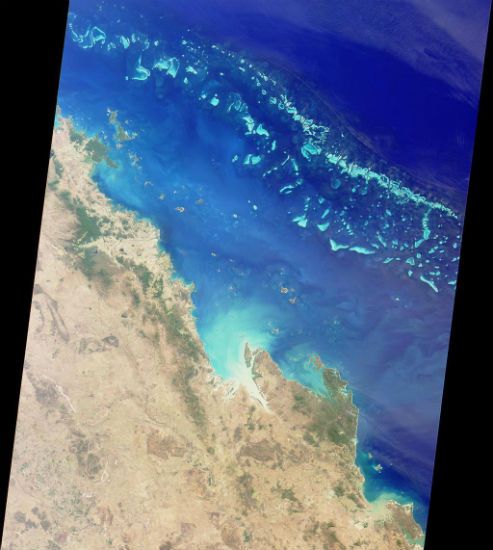
But the bad news is that huge sections of the reef are dying or dead, because of changes in the ocean's temperature.
As temperatures rise, the heat kills native species of algae that the corals draw energy from, leaving behind only white "bleached" coral.
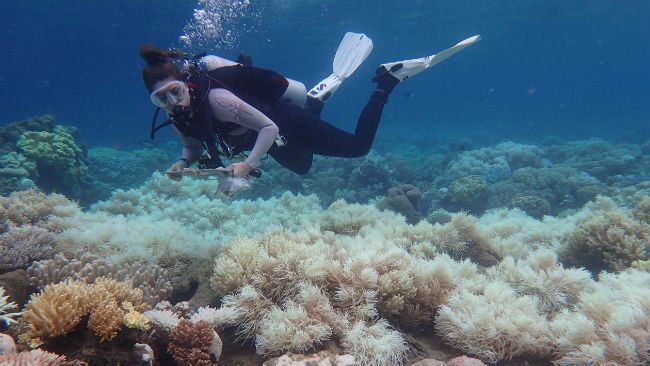
A study published in Nature revealed that a 2016 heat wave had bleached large sections of the reef, and the study's author Terry Hughes called the event "the worst we've ever seen."
Almost a third of the reefs were affected by the heat wave, and while it's possible for the corals to recover, experts don't predict they will any time soon.
Bad News, Good News
There have been other cases of mass bleaching on the Barrier Reef, including large events in 1998 and 2010.
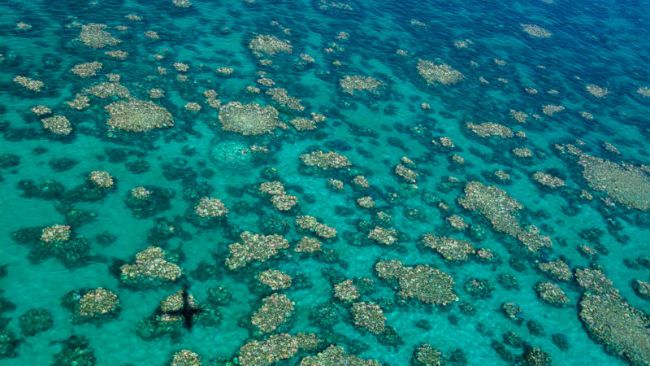
But while coral can slowly recover from these events, they're starting to happen too often for the coral to bounce back.
A heatwave in 2017 created the first back-to-back bleaching events, according to the ARC Centre of Excellence for Coral Reef Studies.
Only the southern half of the reef avoided serious damage, and the possibility of another bleaching event could finish off some coral populations for good.
Already, studies are making gloomy predictions about worldwide coral extinctions, with one estimating most of our planet's coral will be destroyed by 2050.
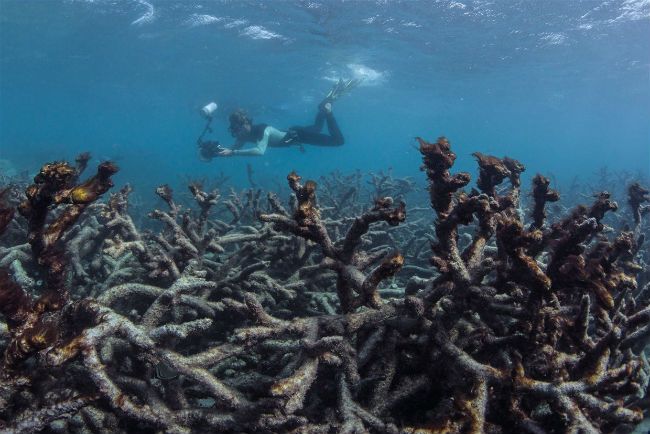
The loss of the beautiful coral reefs in not the main concern. The fact that 25% of ocean species depend on reefs in some way is much more alarming.
"Losing a lot of corals has a broader ecological impact," Hughes explained. "Species that eat the corals lose their food source; fish that would hide in the corals become more susceptible to predation from sharks."
But in the Nature study, Hughes suggested to stay optimistic about the future, instead of worrying over what we've lost.
"[The bleaching event] still leaves a billion or so corals alive, and on average, they are tougher than the ones that died. We need to focus urgently on protecting the glass that's still half full, by helping these survivors to recover," he wrote.
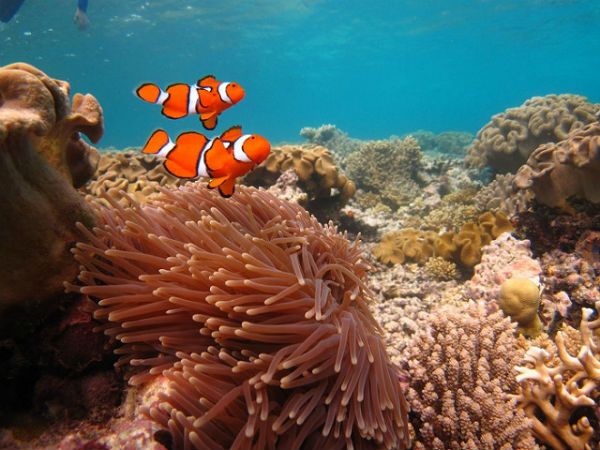
"The Great Barrier Reef is certainly threatened by climate change, but it is not doomed if we deal very quickly with greenhouse gas emissions. Our study shows that coral reefs are already shifting radically in response to unprecedented heatwaves."
Another study in the journal Nature Geosciences gives some hope, pointing out that the reef has survived five near-death experiences in the last 30,000 years.
But it takes hundreds or thousands of years for the coral population to recover, and it's unclear if they still have that much time.
[H/T: NBC News, The Guardian]
